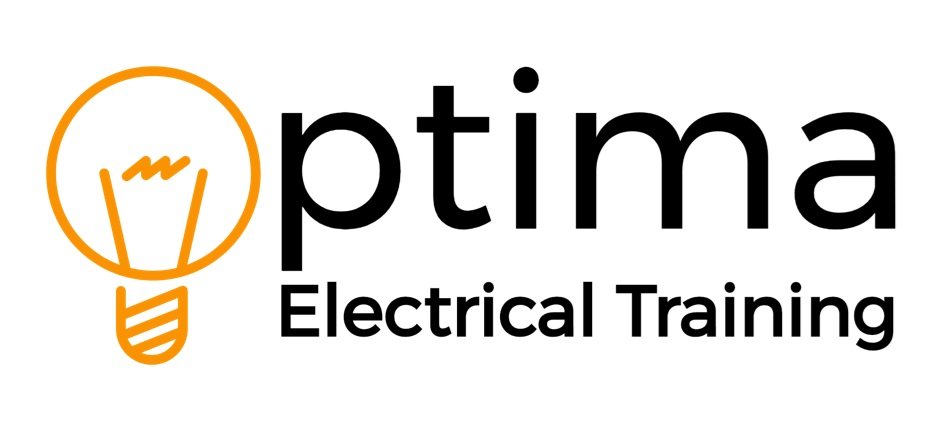1.2bn Cost of Friendship
New research from Direct Line business insurance reveals tradespeople lose on average over £1,400 per year doing work for free, or at reduced rates, for friends and relatives.
Tradespeople lose on average over £1,400 each year doing work for free or at reduced rates, more than the average cost of a Premier League season ticket
Combined cost to tradespeople estimated at £1.2 billion per year
62 per cent of tradespeople have been asked to do work for free and 73 per cent at a discounted cost by friends and family
26 per cent say that their relationships with friends and family have been negatively impacted by saying no to requests for free work or mates’ rates.
New research from Direct Line business insurance reveals tradespeople lose on average over £1,400 per year doing work for free, or at reduced rates, for friends and relatives. This is more than the average cost of a Premiere League season ticket, which averages £1,030 for the most expensive season tickets. It is estimated that UK tradespeople across the UK lose out on over £1.2 billion every year because of mates’ rates and working for free.
According to tradespeople, friends and family ask for favours on a regular basis, with 62 per cent saying they are asked to do free labour and 39 per cent of those adding that the requests are frequent. Almost three quarters of tradespeople (73 per cent) have been asked to work at reduced rates by friends and family, with 41 per cent of those tradespeople asked to work at reduced rates regularly.
While 91 per cent say they have worked for free when asked and 89 per cent offer ‘mates’ rates’, many don’t like being asked and worry about the consequence of saying no. More than a quarter (26 per cent) say that their relationships with friends and family has been negatively impacted by saying no to requests for free work or mates’ rates.
There is a sense of obligation at play in free or discounted labour requests, 15 per cent of tradespeople who have been asked worry that saying no would be awkward and could negatively affect their relationship with the person requesting a discount. A further 14 per cent feel that there is a pressure or expectation for them to do the job, with another 12 per cent stating that they felt that it was unfair, as in doing the cheap labour that they were missing out on other, better paid, work. One in 10 also felt there was pressure on them to prioritise work for their family and friends over other customers.
Stacey McKane, SME Product Manager at Direct Line business insurance commented:
“We appreciate that times are hard, and it is tempting to ask friends and family who work in the trades to do work for free or at a reduced price. However, it is important to remember that reduced rates and free work have a knock-on impact on the tradesperson.
“It can be difficult for tradespeople to say no to friends and family so the cost of favours can quickly add up, £1,404 is, on average, almost two weeks salary for someone working in the construction industry4 so the financial impact can be quite significant.
“However, as well as having a monetary impact, asking for these favours can also potentially have a long-lasting negative impact on friendships. Before asking tradespeople for a favour, people should think carefully about the impact this may have.”
Kev Crane, a plumber whose life changed when he was overheard by a music producer and became known as the singing plumber, says:
“I don’t mind too much doing special rates for friends and family these days but when I first started out, every penny counted.
“Tradespeople are often all too willing to help but they need to feel comfortable saying “no” to this type of work. Saying “no” isn’t easy to everyone and it can feel like a lot of pressure to turn a friend or family member down because you’re too busy or aren’t in a place to do cheaper or free work.
“If you’re doing the asking, do think very carefully first”.
Further information about Direct Line business insurance’s tradesman cover can be found here:



